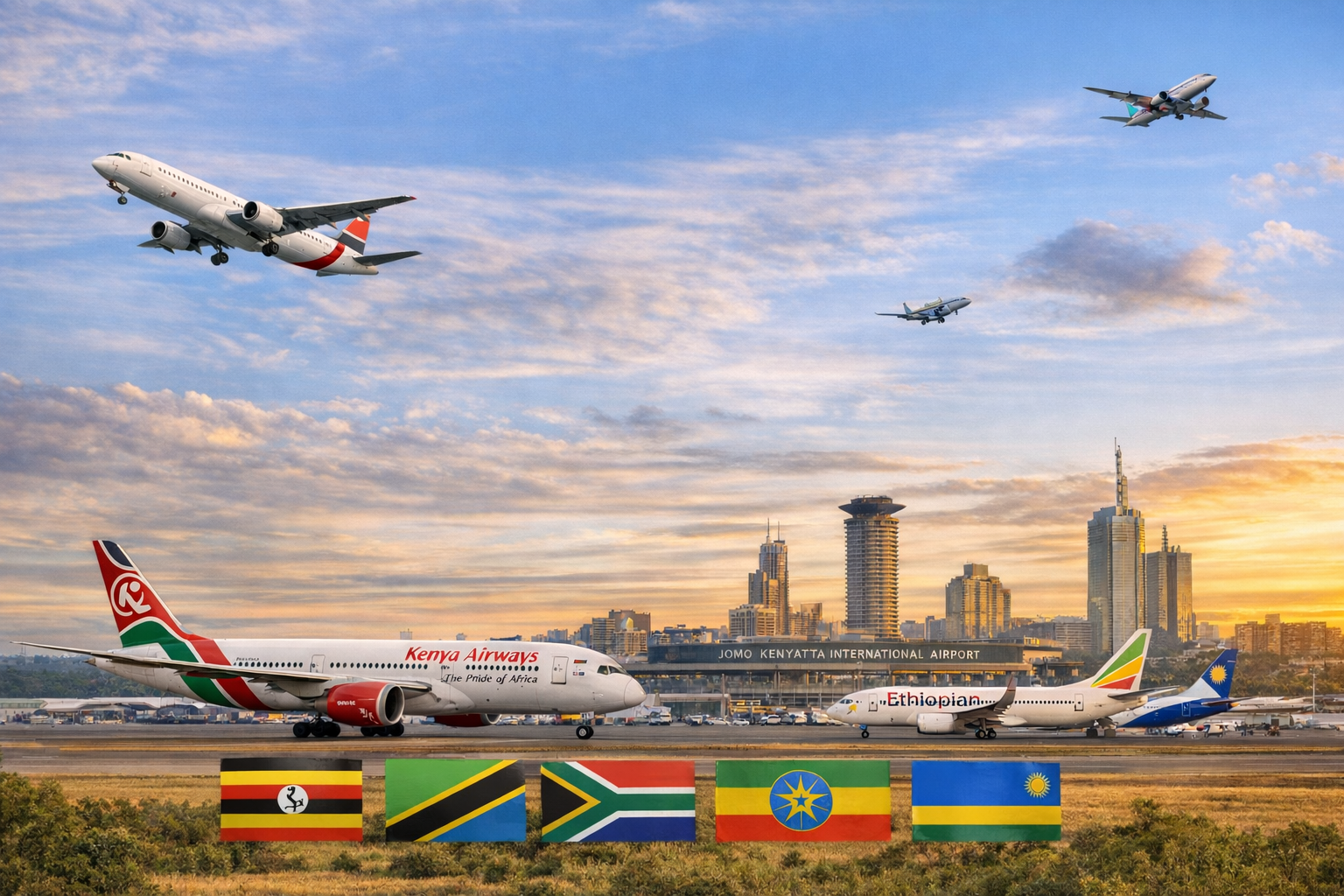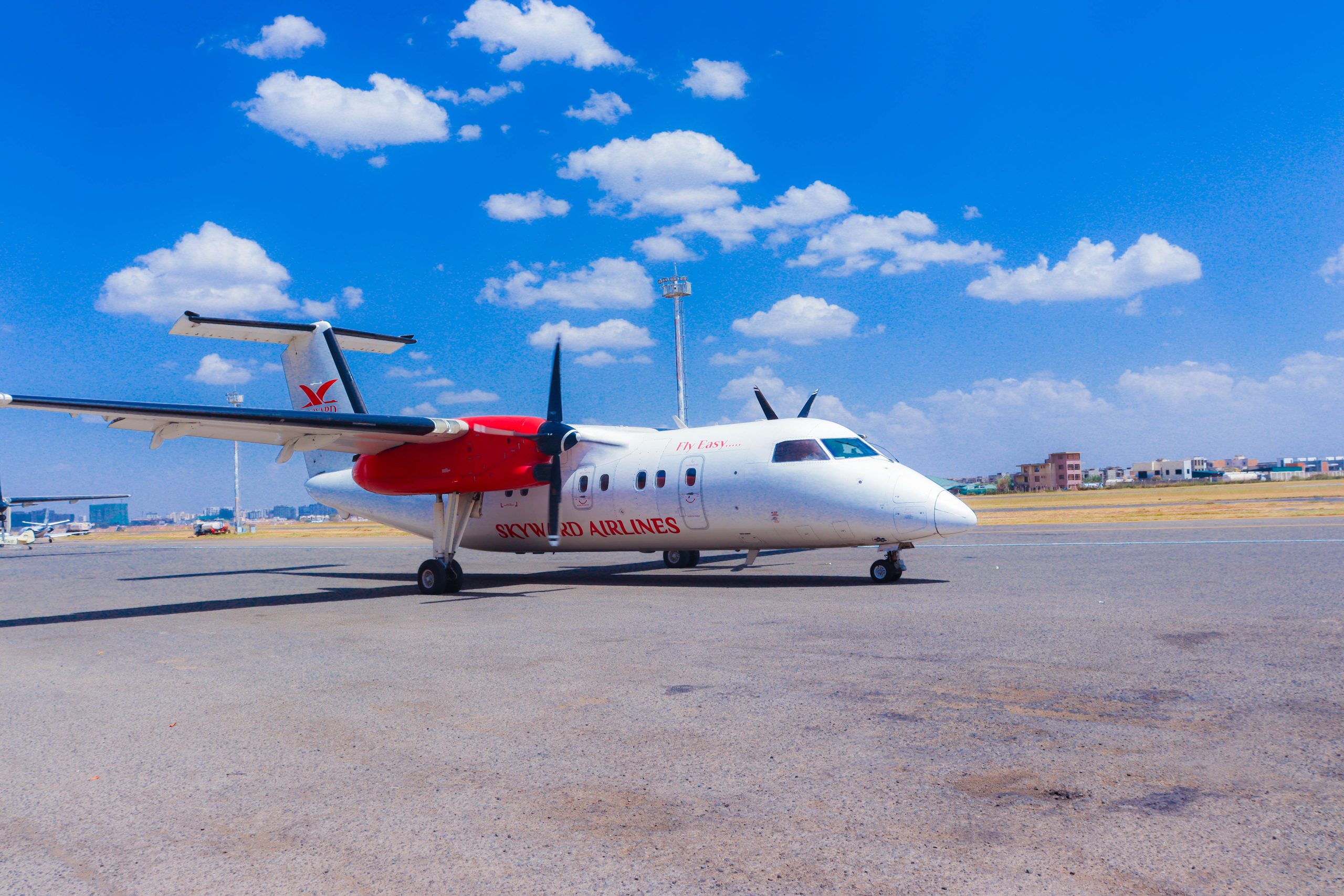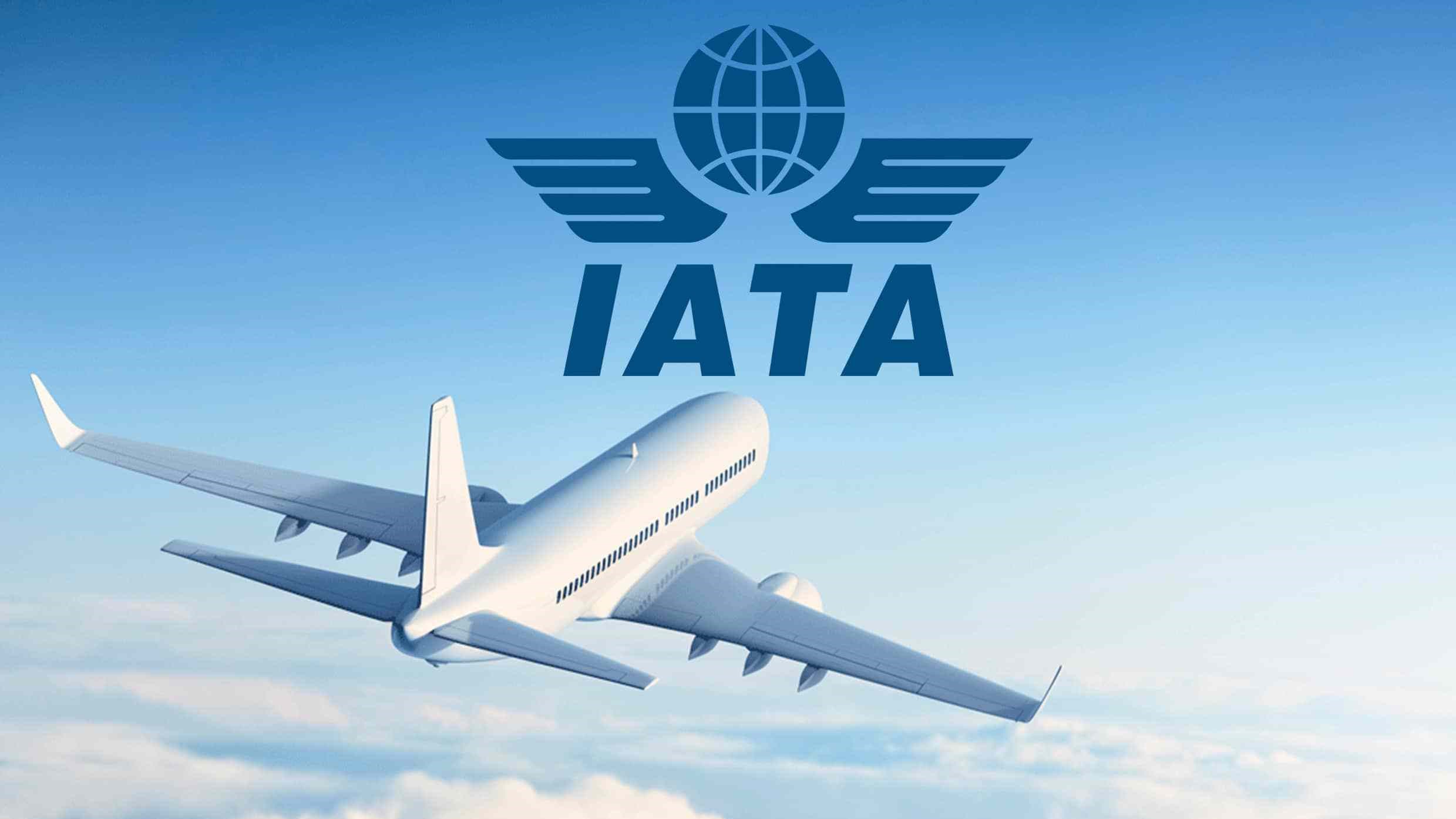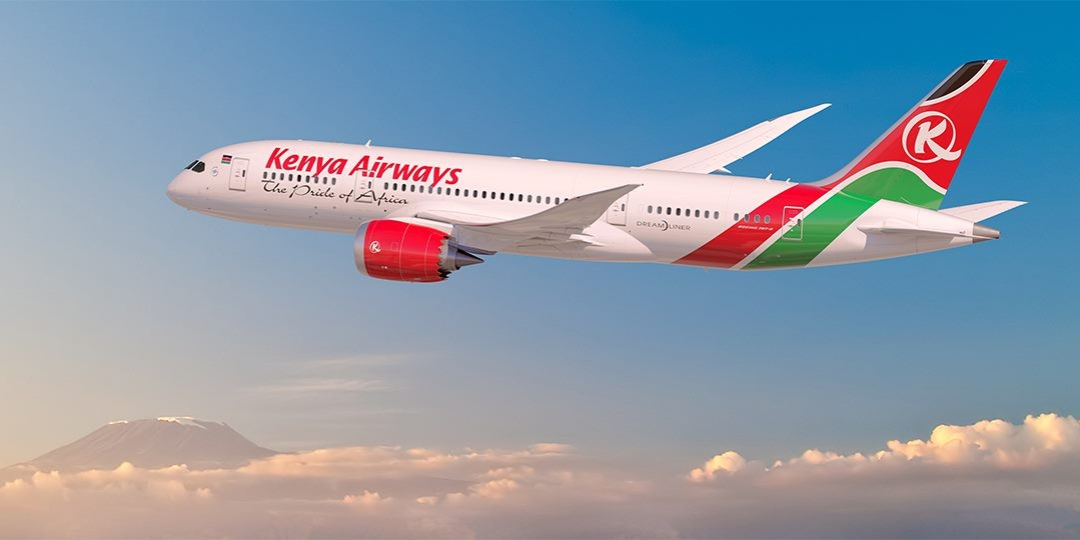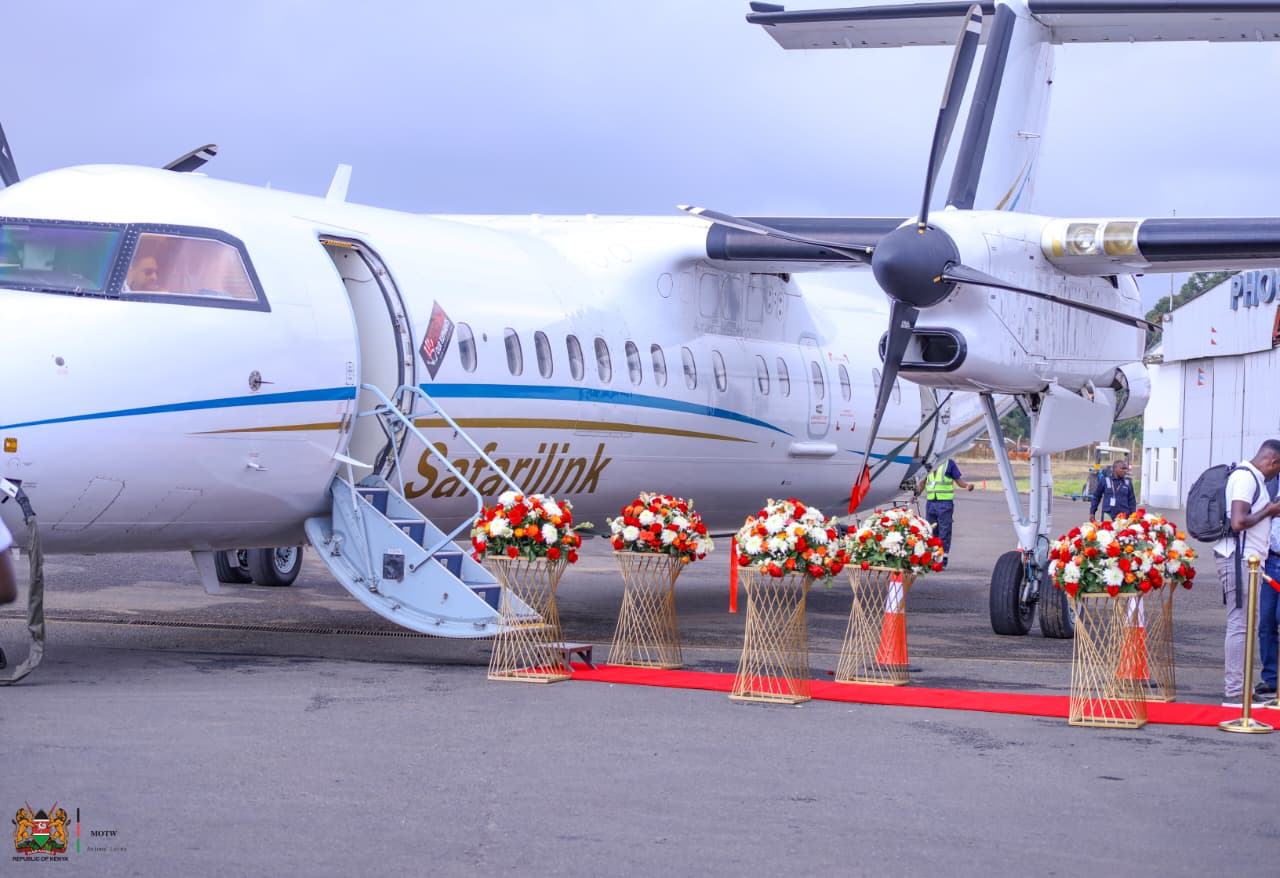Kenya’s place in the skies is evolving rapidly. Once primarily known as a gateway between East Africa and global destinations, the country is now emerging as Africa’s air travel hub, driven by expanding regional and domestic connectivity that is transforming tourism, commerce, and economic growth.
According to IATA Direct Data Solutions (DDS), Kenya recorded 2.3 million international origin-destination passenger departures in 2023, accounting for 40 per cent of all passenger departures from the country. Of those, Africa captured 37 per cent of outbound passengers, ahead of Europe at 28 per cent and the Middle East at 13 per cent. Early industry indications suggest that by 2025, this regional segment will have grown by more than 10 per cent, underscoring Kenya’s central role in continental air travel.
Regional Routes Driving Passenger Growth
While long-haul connections to Europe and the Gulf remain important, intra-African routes now dominate Kenya’s international traffic map. Flights from Nairobi to Entebbe, Addis Ababa, Dar es Salaam, Kigali, and Johannesburg consistently rank among the busiest. Services like Safarilink’s Nairobi–Kisumu–Entebbe route provide direct connections that save travellers time and streamline regional mobility. Kenya Airways’ codeshare networks further expand options across Africa, the Middle East, and Asia, enabling seamless multi-stop journeys.
This trend reflects more than convenience. It strengthens economic ties between key African capitals and markets, supporting business travel, trade activity, and cultural exchange in ways that were previously limited by geography and infrastructure.
Domestic Connectivity Unlocks New Corridors
Kenya’s domestic air network has become a backbone of internal mobility and tourism. Airlines such as iFly have launched flights to Mandera and northern airstrips, opening previously remote regions to commercial travel. Meanwhile, airlines like Jambojet, Fly540, Skyward Airlines, Renegade Air, and Safarilink link Nairobi to other destinations, including Mombasa, Kisumu, Eldoret, Malindi, Meru, Ukunda, and Vipingo Ridge, connecting safari lodges, lakeside attractions, and coastal retreats with Kenya’s urban centres.
These routes do more than reduce travel time. They facilitate tourism that spans wildlife conservancies, cultural circuits, beaches, and investment zones, while supporting local business growth and jobs.
Travel Agents Powering Kenya’s Aviation Growth
At the heart of this transformation are travel agents, who convert connectivity into economic value and authentic experiences. The Kenya Association of Travel Agents (KATA) has evolved into a powerhouse within the Kenyan travel sector, representing a growing network of agencies across the country and advocating for policies that protect and strengthen the industry.
KATA provides training in digital distribution, retailing, cybersecurity, and regulatory compliance, equipping members to respond to evolving traveller expectations and take advantage of new domestic and regional routes. By curating multi-destination packages, offering market intelligence, and facilitating partnerships with airlines and international tourism bodies, KATA members ensure that passengers enjoy seamless travel while airlines maximise route utilisation.
The association has also secured formal representation in policymaking, ensuring that the voices of travel agents influence decisions on commission structures, aviation policy, and tourism regulations. KATA is continuously helping Kenyan travel agents position themselves as strategic drivers of tourism, business travel, and continental connectivity, turning air routes into tangible economic opportunities for communities and businesses alike.
Renovation of Wilson Airport and Infrastructure Expansion
The transformation in Kenya’s aviation story is supported by significant investment in infrastructure. Wilson Airport, historically the hub for domestic and regional flights, is undergoing comprehensive upgrades aimed at increasing capacity, improving passenger amenities, and modernising air traffic systems. The renovation includes expanded apron space, improved terminal facilities, better parking, new safety systems, and enhanced navigation equipment to support rising traffic volumes.
These improvements at Wilson come alongside broader plans to modernise Kenya’s airport network, including upgrades to Jomo Kenyatta International Airport to expand terminal capacity and cargo handling, and the development of secondary airports to relieve pressure on major hubs. The goal is to ensure that as flight volumes grow, infrastructure keeps pace, enabling safe, efficient, and reliable service for passengers and airlines alike.
Tourism and Economic Impact
Ease of access has a direct effect on Kenya’s tourism and business sectors. Travellers can now link safari destinations, coastal experiences, and city engagements in a single itinerary, enhancing multi-destination travel and lengthening visitor stays. Business travellers benefit from quick, direct routes that support meetings, conferences, and investment missions across the region.
Madam Selina Gor, Regional Airport Manager at Kenya Airports Authority (KAA), has emphasised that improved air links are critical to economic growth. She notes that infrastructure investments, complemented by supportive aviation policy, encourage airlines to expand routes, stimulate trade, and create jobs in hospitality, services, and logistics.
Strategic Position and Future Growth
Kenya’s geographic position at the crossroads of East, Central, and Southern Africa, together with initiatives like the Single African Air Transport Market, reinforces its hub status. Yet challenges remain. Airports are operating near capacity, and intra-African fares can still be high, limiting broader mobility. Continued investment in infrastructure, regulatory alignment, and competitive pricing will be essential to sustaining growth.
A Continent Connected Through Kenyan Skies
The data and traffic patterns make one thing clear: Kenya is not just flying farther — it is flying smarter. By developing regional and domestic routes, expanding airport infrastructure, and supporting strategic partnerships, the country is enabling tourism growth, stimulating commerce, and connecting markets that were once isolated.
Kenya’s aviation network is more than a route map; it is a catalyst for economic integration, cultural exchange, and continental connectivity, cementing the nation’s role as Africa’s air travel hub and a critical engine for future growth.

